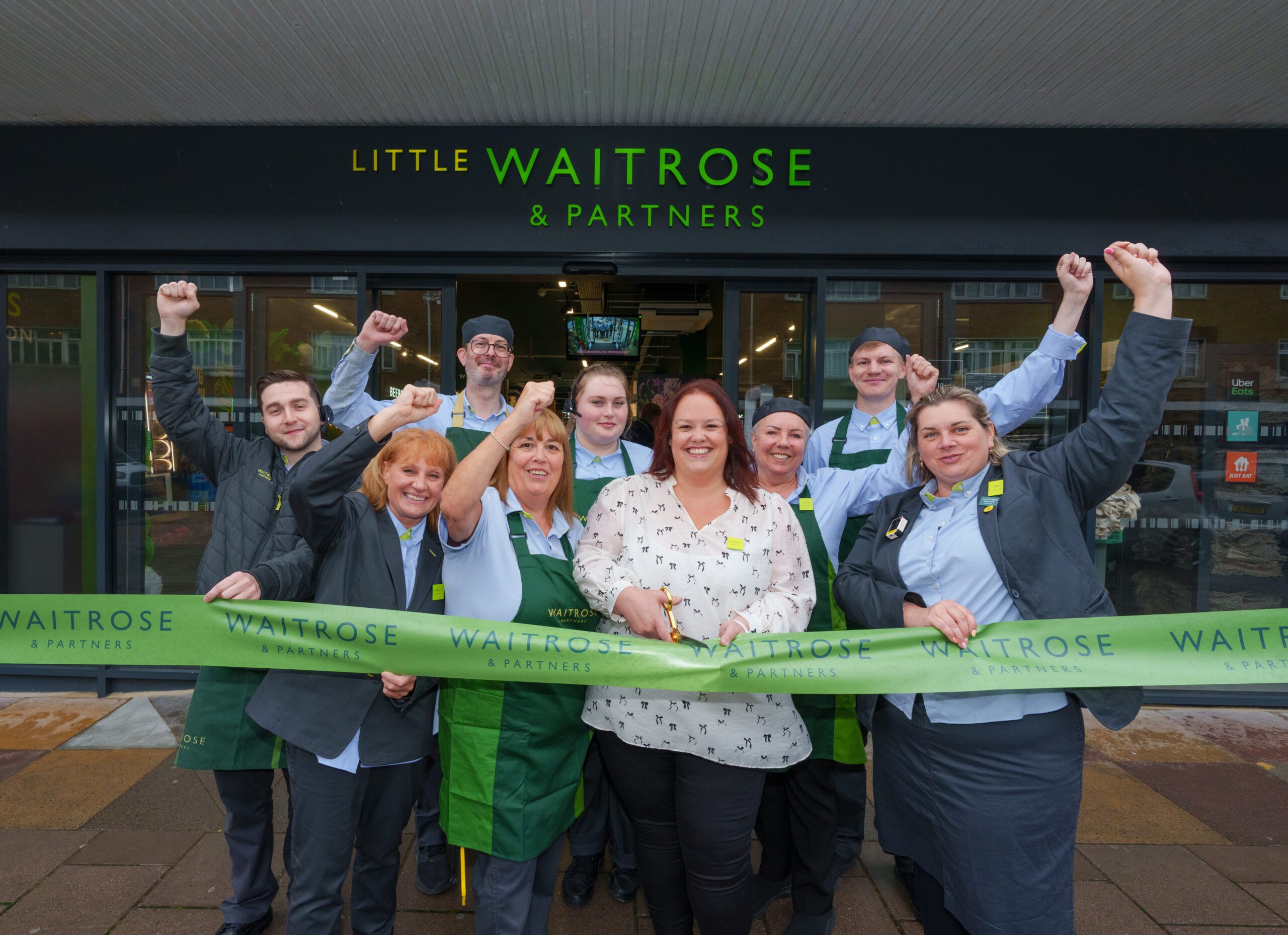Search jobs & locations

The road to the Partnership
Applying for and starting in a new job can feel daunting – that’s natural – but it doesn’t have to be that way. Preparation is key to helping you perform at your best and succeeding.
That’s why we’ve pulled together this guidance so you know what to expect in the journey to becoming a Partner. Whether applying for a role in one of our shops, distribution centres, farm, offices or anywhere else, our recruitment processes are simple, fair and transparent.

Passionate people
To us, it’s not always about experience and qualifications. Certain roles do require these of course, but those who show passion and willingness to work at their best and take on the responsibilities of a co-owner are just as important.
That’s why our Partnership Behaviours show up throughout our recruitment process and it’s important you learn more about these as you begin to prepare your application.
Find out more about co-ownership and our behavioursPublished Interview Questions
We published our interview questions to help you prepare and perform at your best during your interview.
You can find our top tips for preparing answers to these questions in the ‘Top Tips for Interviewing’ section below alongside a break down of the recruitment journey and our top tips.
Using the links below, you can view the questions you may be asked.
Leading Self – for our roles that do not involve managing others (e.g. no People Management responsibilities).
Leading Partners – for our roles that lead people (e.g. People Managers).
Leading Leaders – for our roles that lead leaders of the Partnership (e.g. People Manager of those with their own teams to manage).
Leading the Partnership – for our roles that have responsibility for leadership at organisational level (e.g. Senior Leaders, Heads of, Directors).
Breaking down the journey
Let’s take a look at each step in more detail so you know what to expect.
The Partnership Behaviours

Our 6 Partnership Behaviours help set the expectations of being a Partner, no matter what role you do. We recommend you learn these behaviours when preparing for your interview.









